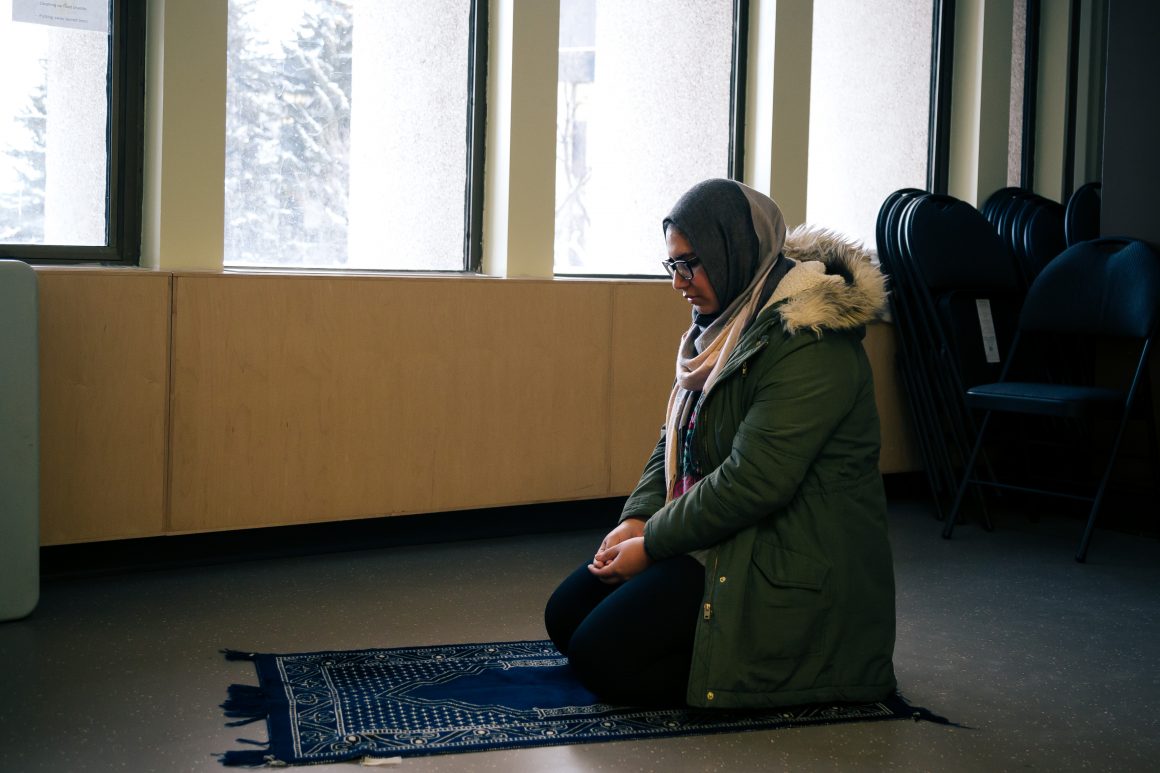
Prayer and education not mutually exclusive
By Aisha Sajid, January 10 2017 —
In August, Calgary private school Webber Academy lost an appeal at the Court of Queen’s Bench for failing to accommodate two Muslim student’s need to pray during school hours. As a result, the two students were awarded $24,000 in damages.
Muslims perform five daily prayers that involve physical bowing and movements alongside verbal prayer recitations for five to 10 minutes. The prayers are short in nature and require only a small space. There is no justifiable reason to suggest prayers shouldn’t be allowed.
The Alberta Human Rights Commissions concluded that Webber Academy had unlawfully discriminated against its students. After the verdict, founder of Webber Academy Neil Webber told CBC, “a key pillar of our founding principles is that the school be a non-denominational environment in which children can thrive and focus on their academic success.”
Former U of C Muslim Students Association president Nima Macci believes that Webber Academy’s lack of accommodation of students of any faith is not prevalent at U of C.
“A lot of the religious groups on campus and the community happen to be very fortunate to be a part of a campus accommodating towards our spiritual needs,” Macci said, citing advocacy taken on by the U of C’s Faith and Spirituality Centre.
In the past few years, students and organizations at the U of C have advocated for prayer spaces on campus and they were successful in creating the Vitruvian Space, an extension of prayer spaces in MacHall, as well as making prayer spaces available on the Foothills campus.
Schools and universities have a responsibility to prioritize religious accommodations for students. The right to religious practices and school activities are not mutually exclusive. If an institution as large as the U of C is able to provide adequate accommodation, there is no good reason for an institution like Webber Academy to deny its students the right to pray while on campus.
